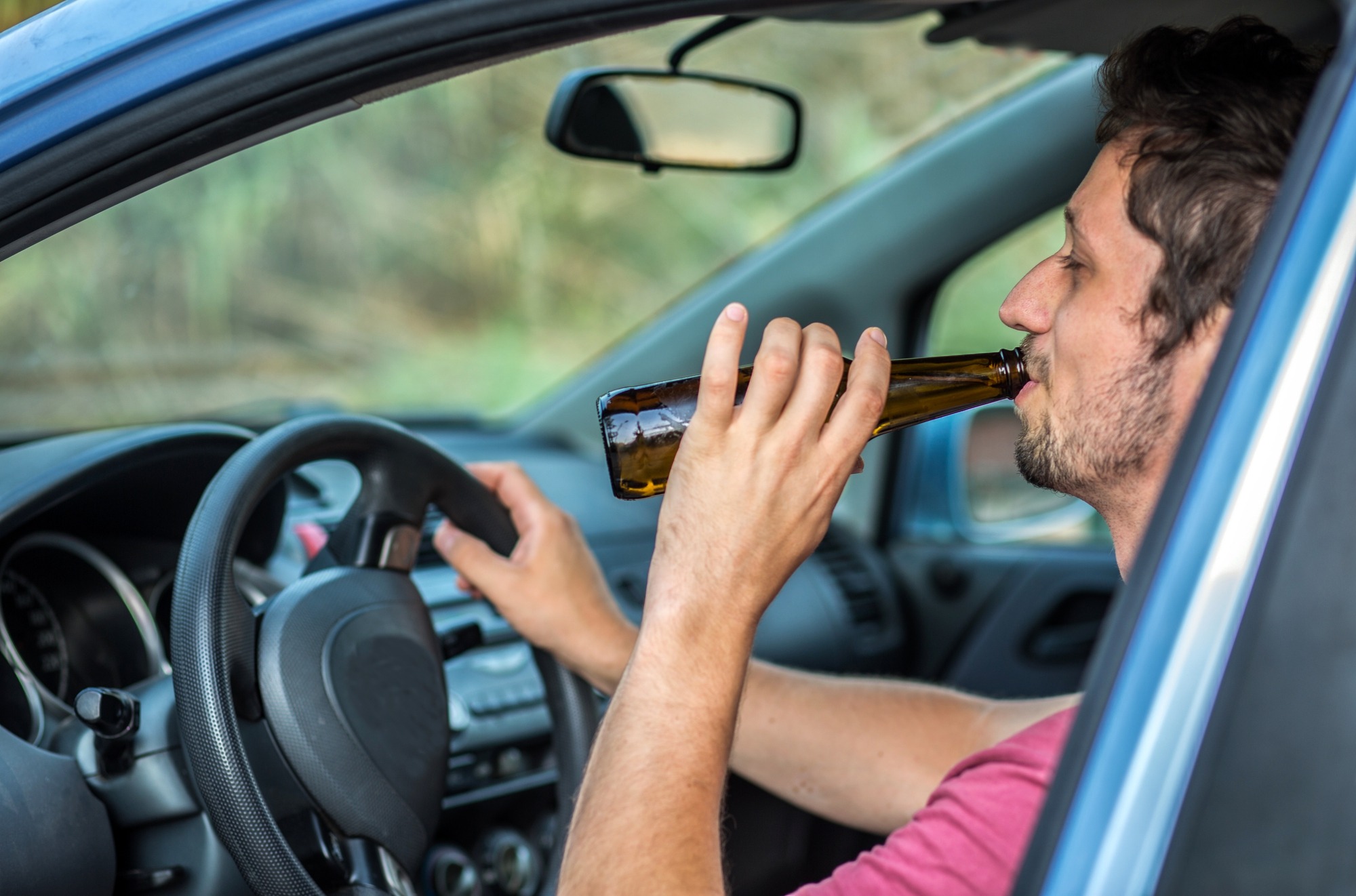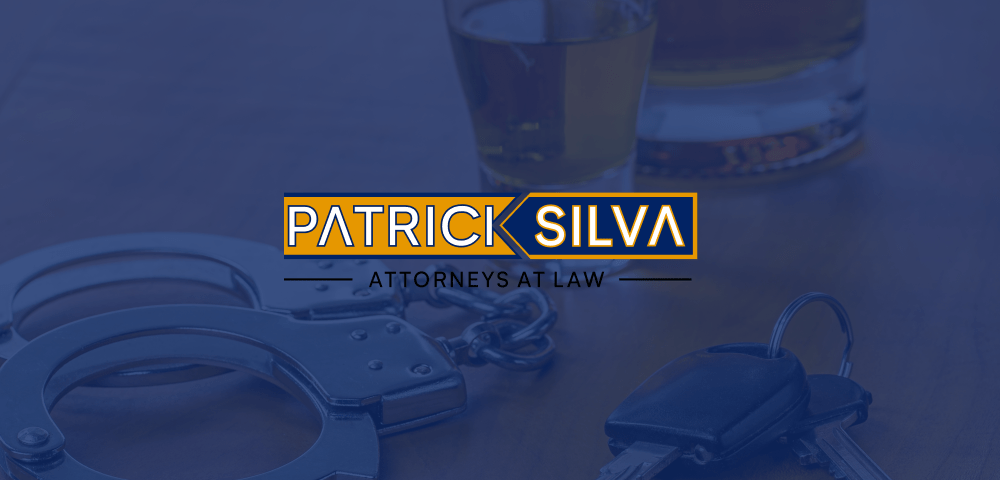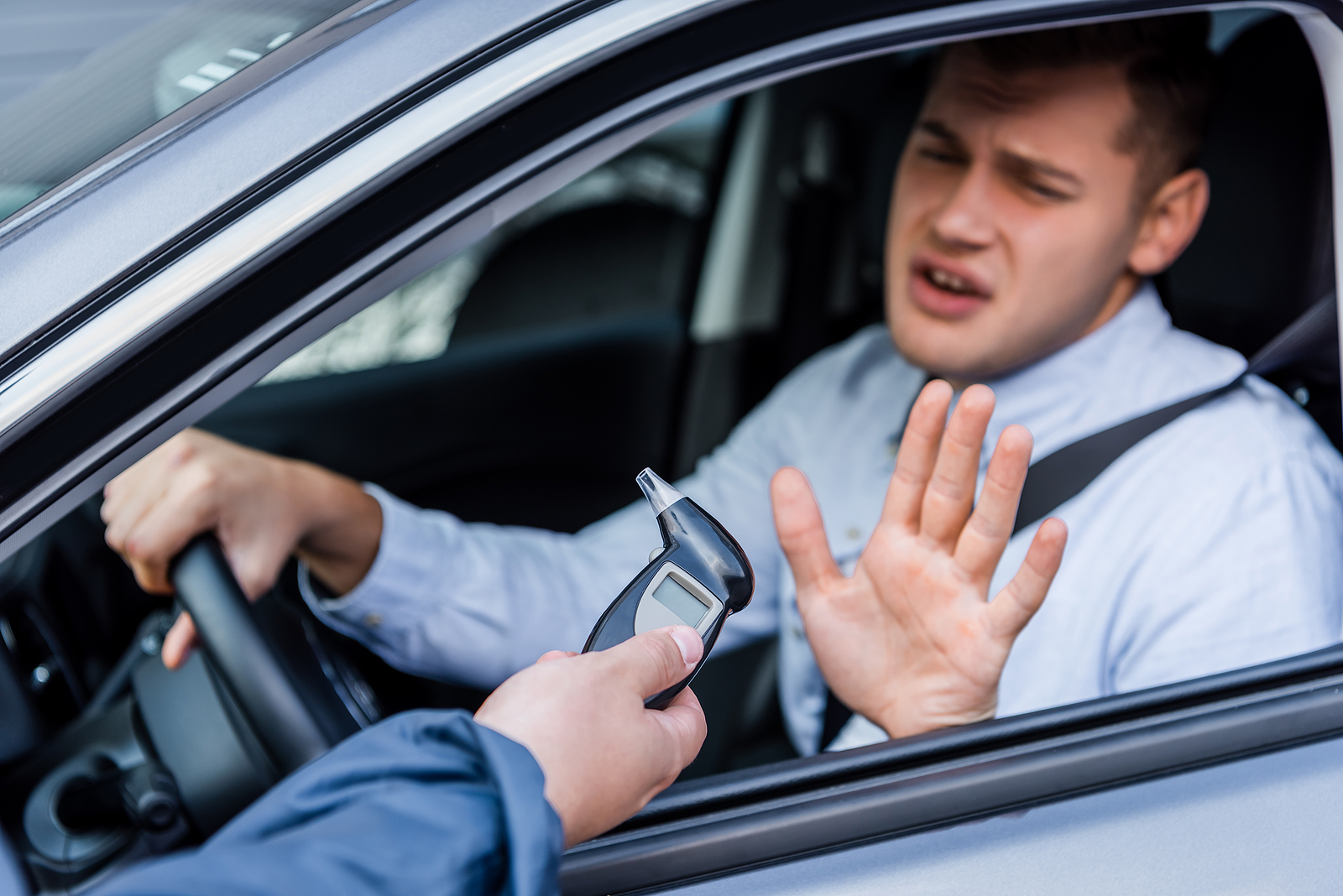Drunk driving accidents are often deadly, which is why police officers do everything possible to discourage people from driving under the influence. This includes charging drivers with DUIs that can result in fines and jail time. While the police are generally just trying to keep impaired drivers off the street, they still have to honor the rights of those they accuse of driving under the influence.
This means that whether you’re pulled over on the way home from a social event or questioned at a DUI checkpoint, you have rights that will protect you. Take a look at the rights of California drivers, and contact a lawyer if you believe police violated any of these rights.
Can You Avoid a DUI Checkpoint?
The police often use DUI checkpoints to catch drunk drivers, particularly on holiday weekends. They must post public warnings of these checkpoints beforehand, but they’re not required to state where they will be set up. This can result in drivers being surprised to see a DUI checkpoint on the road ahead.
If this happens to you and you’d prefer to avoid going through the checkpoint, you have a right to turn around to avoid it. However, you must do this in a safe, legal way that does not break any traffic laws. This means you can’t make an illegal U-turn or drive into a lane of oncoming traffic to avoid the checkpoint. If you do, you can be pulled over and cited for breaking traffic laws and questioned about possible impairment. If there is no way to safely avoid the DUI checkpoint, your best option is to continue through it and cooperate with the police.
Can You Refuse Tests During a DUI Stop?
Whether you’re at a DUI checkpoint or pulled over for suspected impaired driving, the police may ask you to complete some tests. These might include field sobriety tests, which require you to exit your vehicle and walk a straight line or stand on one leg. You have the right to refuse field sobriety tests, as they’re not considered reliable indicators of impairment.
The police might also ask you to undergo a preliminary alcohol screening that tests your breath for the presence of alcohol. You have the right to refuse this test, as well, unless you’re under 21 or on probation.
However, if you refuse the test and the police have probable cause to arrest you, you will be expected to take a breath or blood test at the police station. If you still refuse after being arrested, your driver’s license could be suspended for one year. So, while you have the right to refuse DUI tests before an arrest, it’s important to cooperate with police and agree to a blood or breath test if you’re arrested.
Do You Have to Answer Questions from the Police?
As the police question you during a DUI stop, you might wonder if you have to answer. The reality is that you can decline to answer most of their questions. This is usually recommended if you plan to fight your DUI charge, because providing too many details could give the police more evidence of impairment.
The only requests you must comply with during a DUI stop involve handing the police your driver’s license, registration, and proof of insurance when asked. If they ask you how many drinks you have had, where you’re coming from, or if you feel drunk, politely state that you’re using your right to remain silent. You might still be arrested if the police have probable cause to think you’re driving under the influence, but you can fight this charge with the help of a DUI lawyer once you’re released. In general, the less you tell the police during the arrest, the less evidence they’ll have against you, making your defense case easier on you.
If you have additional questions about your rights at a California DUI stop or want to defend yourself from DUI charges, contact Patrick Silva, Attorneys at Law. We have the legal knowledge and experience to determine whether the police honored or ignored your rights as we begin working on your legal defense. Call us at 909-500-4819 or contact us online for a free consultation.



